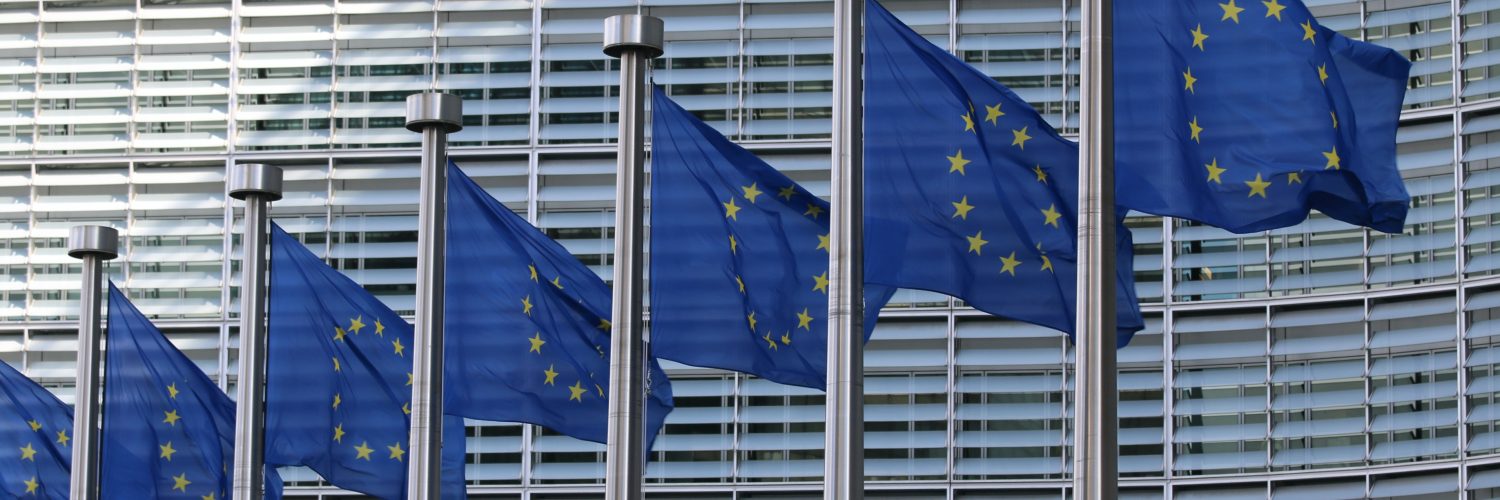The European Court of Justice (ECJ) has issued a landmark decision that provides essential clarification on the controversial issue of fixed establishments for VAT, specifying the criteria for determining the existence of a fixed establishment and the person responsible for paying VAT.
– The ECJ ruled that the mere affiliation of companies within the same corporate group or a contractual relationship between a parent company and its subsidiary is not sufficient to establish the existence of a fixed establishment.
– The ECJ emphasized that the fixed establishment must have a sufficient degree of permanence and the ability to perform its activities autonomously, and the functions entrusted to this structure must be to receive or provide services.
– The ECJ clarified that the resources (technical and human) used for the needs of the fixed establishment must be different from those used by the service provider to perform the services.
– Activities such as receiving customer orders, calculating raw material and supply needs, ensuring storage and transportation of raw materials and finished products, organizing product delivery, quality control, inventory management, and communication with customers and suppliers are considered preparatory or auxiliary activities that do not allow the characterization of a fixed establishment.
– The ECJ’s decision provides clarity and stability in the application of VAT rules at the European level, favoring processing companies operating in relation to affiliated beneficiaries established in other EU member states.
– In recent years, corporate groups involved in such operations have been affected by conflicting interpretations of European legislation on fixed establishments, leading to the imposition of significant additional VAT amounts and various procedural uncertainties.
– The ECJ’s interpretation reduces risks and uncertainties related to VAT taxation and contributes to a more predictable and stable business environment within the European Union.
Source: blog.pwc.ro
Note that this post was (partially) written with the help of AI. It is always useful to review the original source material, and where needed to obtain (local) advice from a specialist.















